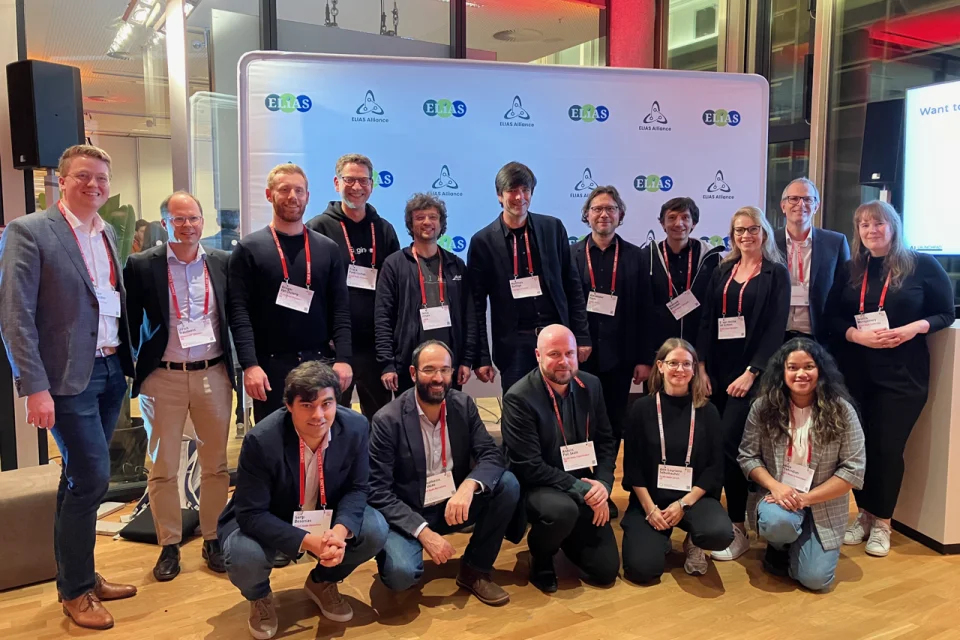



ELIAS launched ELIAS Nodes at the Falling Walls Event in Berlin, Germany
The ELIAS initiative, coordinated by the University of Trento and built upon the legacy of the European Laboratory for Learning and Intelligent Systems (ELLIS), seeks to position Europe as a leader in AI research and sustainable innovation. The alliance emphasizes the integration of value-creation literacy and future skills into academic curricula, fostering collaboration between academia and industry.
With eight new nodes established in key European cities, the Alliance is set to foster collaboration among startups and incubators, enhancing entrepreneurship and the development of open-source foundation models. Funded by the EU, this initiative also emphasizes the importance of integrating future skills into academic curricula, bridging the gap between academia and business.
The ELIAS Alliance is committed to catalyzing open science and support fir the next generation of AI innovators through access to advanced tools, mentorship, and networking. There are also plans for initiatives like the "Open Sci" foundation model project and the "AI Launchpad" accelerator program, aimed at enhancing innovation across Europe.
Matthias Bethge, Director of the Tübingen AI Center, ELLIS Member and Co-Director of the ELLIS Unit Tübingen, and main initiator of the Alliance, highlights: “I envision science becoming a place of intellectual pursuit combining knowledge and value creation as two sides of the same coin. AI has the power to drive meaningful innovation by transforming technology and empirical science. In education, for instance, AI holds immense potential to empower self-directed learning and foster future skills, benefiting all learners. At the same time, AI can elevate education research by providing deep insights into the actual needs of students, teachers, and other stakeholders through large-scale data collection and analysis.”
Overall, the ELIAS Alliance represents a significant step towards fostering AI innovation in Europe, connecting various stakeholders to build a sustainable economy that addresses societal needs and values.

